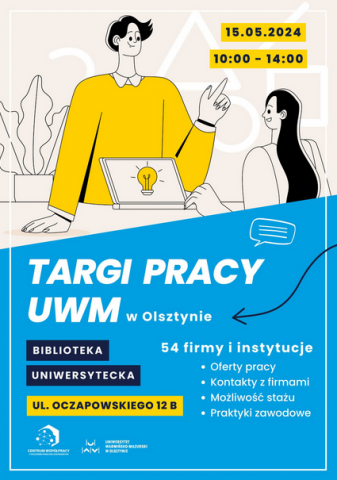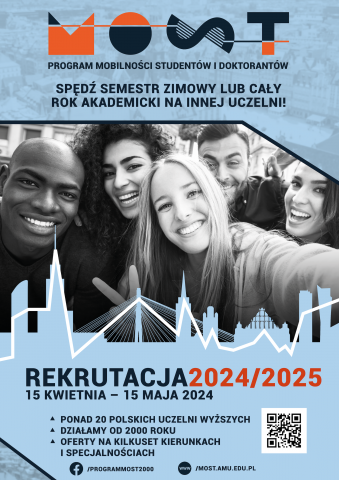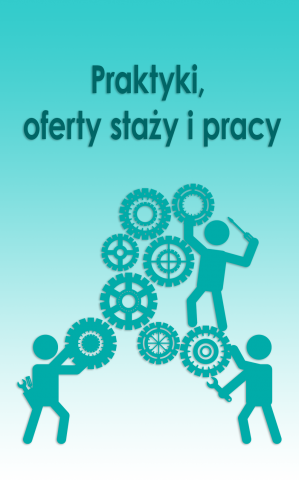Debata Senioralna
On September 17 this year the International Congress - the Senior Debate took place. It was held within the framework of the two-day Scientific Conference "Challenges of the labour market, insurance and senioral policy in the context of demographic ageing". The conference was organized by the Department of Social Policy and Insurance of the Faculty of Economic Sciences at the University of Warmia and Mazury in Olsztyn with the participation of the Committee on Labour Sciences and Social Policy of the Polish Academy of Sciences in Warsaw and under the auspices of the Social Insurance Institution in Warsaw.
The moderator of the debate was Professor Anna Organiściak-Krzykowska – the head of the Department of Social Policy and Insurance WNE UWM. The debate was attended by: Professor Giuseppe Piccinni from the University of Bari in Italy, prof. dr hab. Gertruda Uścińska – President of the Social Insurance Institution, Lidia Ułanowska – Director of the Senior Policy Department at the Ministry of Family, Labor and Social Policy, prof. dr hab. Stanisława Golinowska – from the Jagiellonian University, prof. dr hab. Barbara Szatur-Jaworska – from the University of Warsaw, prof. dr hab. Agnieszka Chłoń-Domińczak representing the Warsaw School of Economics and scientists from our Faculty.
The statements of the debate participants focused on social policy for the elderly, recipients of the senior policy, professional activity of the elderly and on intergenerational transfers in Poland and Italy. They also discussed the practices in the field of health care for the elderly identified in the European project "Prohealth 65+". A detailed program is presented below.
The senior debate was also strengthened by the contents of articles sent by scientists from the Faculty of Economics of the Matej Bel University in Slovakia: professor Miriam Martinkovicova, PhD. Alena Kascakova, PhD. Mariana Povazanova, PhD. Jan Kollar, PhD. Gabriela Nedelova, PhD. Marian Kika, PhD. Luboslava Kubisova. In their studies, the authors raise the problems of active aging in Slovakia, the Netherlands and present selected features of Slovak households as social determinants of the labour market.
17.09.2018 rok
| Registration of participants – Hotel HP Park/„Stara Kotłownia” (UWM – Kortowo) |
| The ceremonial opening of the Conference and welcoming the Participants („Stara Kotłownia”, UWM - Kortowo) – prof. dr hab. Anna Organiściak-Krzykowska |
| A coffee break („Stara Kotłownia”, UWM – Kortowo) |
| Senior Debate „Challenges of the labour market, insurance and senioral policy in the context of demographic ageing” |
Panelists:
|
 |  |  |
| Articles Senior Debate - „Challenges of the labour market, insurance and senioral policy in the context of demographic ageing” |
|










